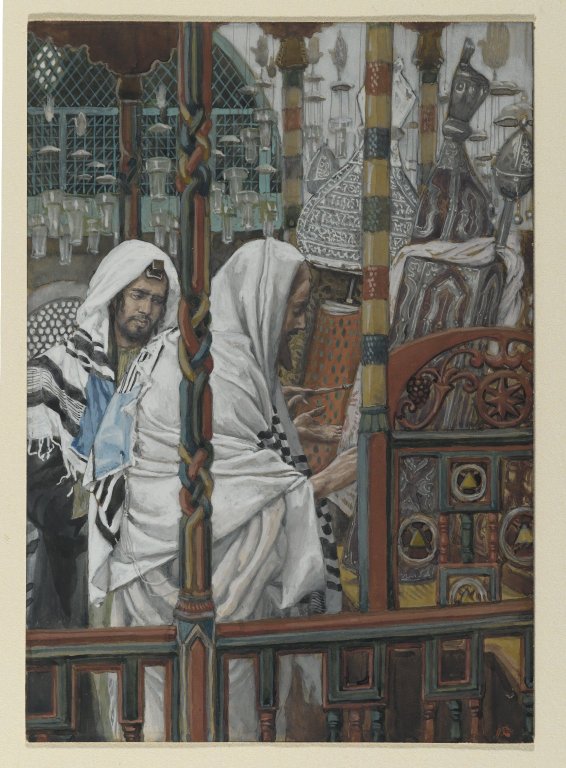Back when I was in college, it was a big deal to go home, whether for a few days or even a couple of weeks. Still, it would be good to find myself in familiar surroundings, with family members who knew me from the old days, and friends I’d grown up with. I would eat food I loved: turkey and Waldorf salad at Thanksgiving, Smithfield ham, greens, and sugar cookies at Christmas and Easter, and whatever might be inspirational during spring break. I never travelled to Florida or Cancun or even Virginia Beach during spring break; people did not do that in those days, that is unless my family would take me on some trip to visit distant relatives.
During most breaks, though not spring break, I was expected to study, write papers, and practice music. I cannot speak for others, but with so many other things going on and so many people and places to visit, I found it hard to keep up. People constantly asked me about what I might learning at school and how I was doing. Amazing how many people wanted to hear about the food in the dining hall, often family members who had never attended college and were curious about what they might have missed.
In Jesus’ day, just the boys were educated, and their education was primarily religion: Scripture and the history of the Jewish people. Practical information was taught within the family unit, like learning to mind a store, ferment wine, craft pottery, bricks, or fabric, and farm or raise livestock. Girls learned household chores and how to live frugally. I’m not sure whether girls were taught to read and write, though those who did likely belonged to the upper classes and would be expected to run a large household.
Imagine Jesus coming home from his wanderings like my coming home at spring break. He had been teaching in the synagogue and people were amazed by what he knew and what miracles (deeds of power) he performed. They muttered about Jesus’ social standing and his family. While they may have accepted that Joseph was his father, calendar counters would have been whispering maliciously. The people would have known Jesus’ education, so they asked: where did he learn all these things? Surely not where the priests and prophets were schooled, or not as the physicians who were unable to do the miracles Jesus performed?
Jesus, as usual, had the perfect answer. “Prophets are not without honor except in their own country and in their own house.” Such prophets frequently had to make hasty exits because they would say things people found challenging, or unacceptable. Sometimes they did things people felt were the works of evil spirits or devils and rejected the message and the messenger to the point of death. Perhaps Jesus had had that kind of education while he was away, just as folks at home sometimes questioned some of the lessons I learned at college. Lord knows, I wasn’t a prophet or a doer of deeds of power, but because of my studies, my views and beliefs changed, sometimes radically. I find it easy to identify with Jesus when I read that passage.
Most people change how they think or act because they learn new information and/or have new experiences. The verse, “And Jesus increased in wisdom and stature, and in favor with God and man” (Luke 2:52), words written after Jesus had been found in the Temple at twelve by Mary and Joseph, talking to the high officials. Even then he found knowledge to astonish, so perhaps he was born knowing. Perhaps spending time with John the Baptist taught him new thoughts and perspectives. Maybe God used Jesus’s experiences to suggest new wisdom and experiences.
Regardless, people continue learning throughout their lives. Our minds change a thousand times on things both great and small. Sometimes the changes are drastic, but more they are small. We know so much more than we did when we were six, or sixteen, or even thirty-six, and we will be wiser still when we become the elders.
Where would you wish your wisdom might come from? What kind of wisdom do you hope to have gained? How would you use your wisdom, and to what purpose? How can we increase our knowledge now on subjects that will be very important in the future? What wisdom would you ask God to provide you?
God bless us all on our quests for wisdom.
Image: Jesus Teaches in the Synagogue, James Tissot (1886-94). Online Collection of Brooklyn Museum, found at Wikimedia Commons.
Linda Ryan is a co-mentor for an Education for Ministry group, an avid reader, lover of Baroque and Renaissance music, and retired. She keeps the blog Jericho’s Daughter. She lives with her three cats near Phoenix, Arizona.

